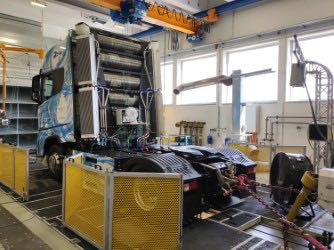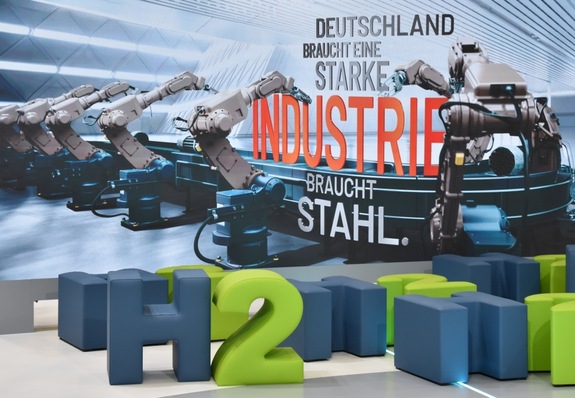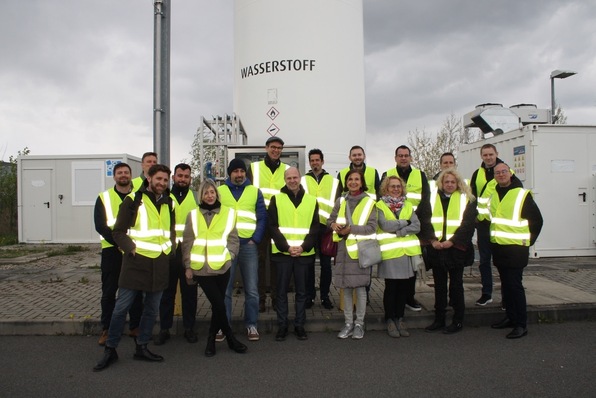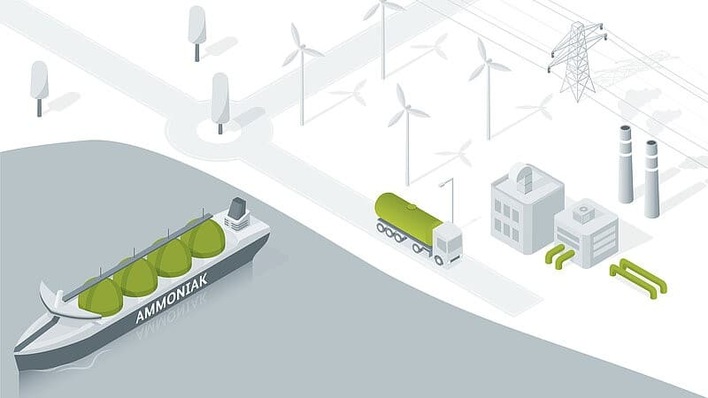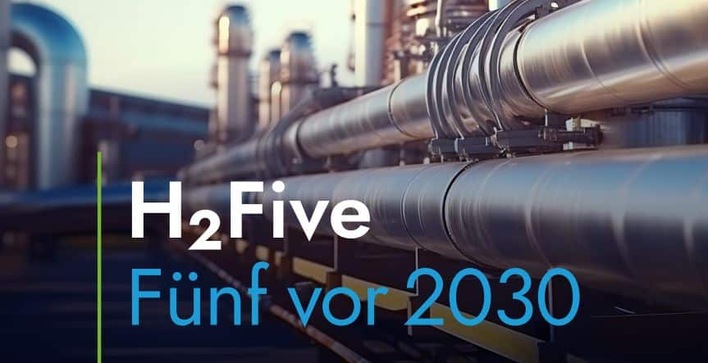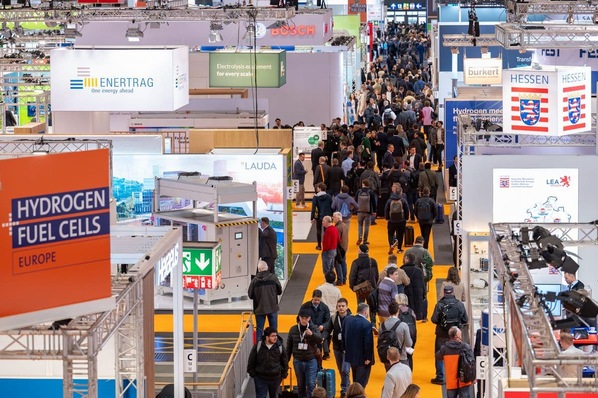The “Production Engineering of E-Mobility Components” (PEM) Chair at RWTH Aachen has successfully subjected its hydrogen-powered truck to several performance tests as part of the “SeLv” research project. These tests are an important step toward obtaining individual vehicle approval for the prototype.
On the all-wheel chassis dynamometer of DLG TestService GmbH in Groß-Umstadt, the vehicle achieved a continuous output of 385 kilowatts over 30 minutes. The peak output reached 474 kilowatts. These values were determined in accordance with UN Regulation No. 85. According to the PEM team, the output may later be limited to around 410 kilowatts for economic reasons. For comparison: the base vehicle, a Ford F-Max, has an engine output of 367 kilowatts.
“Through the tests under controlled environmental conditions and various load states up to the performance limit, we obtained valuable measurement data that allow us to further validate the system,” says PEM Director Professor Achim Kampker. The data are considered preliminary and are currently being evaluated.
For the individual vehicle approval, the truck also underwent a test of the endurance braking system in accordance with UN Regulation No. 13. This confirmed that the e-truck components comply with the regulations. The thermal management system also delivered the expected performance at an ambient temperature of 40 degrees Celsius.
Previously, the vehicle had passed the electromagnetic compatibility (EMC) test in accordance with UN Regulation No. 10 at the company Akkodis in Waiblingen. This ensures that the electronic systems in the vehicle do not interfere with each other.
At the Aldenhoven Testing Center, the truck completed another test: with a total weight of over 40 tonnes, it successfully climbed a twelve percent gradient five times in under five minutes. This means the vehicle meets the requirements of EU Implementing Regulation 2021/535.
The PEM Chair was founded in 2014 by Professor Achim Kampker. It specializes in the development, production and integration of components for electromobility and hydrogen technologies. The SeLv project is funded by the Federal Ministry of Transport. It aims to develop a heavy-duty vehicle with a fuel cell drive system.
Currently, the Chair employs 78 researchers, 29 non-academic staff and around 120 student assistants. The research facilities are located, among other places, in the German-Dutch industrial park Avantis and on the RWTH Aachen Campus.
The tests of the SeLv truck mark an important step toward road approval and, according to project manager Fabian Schmitt, provide crucial insights: “An isolated test on a conventional powertrain test bench would not have yielded any findings on system behavior. The values we have now determined correspond to what we were aiming for.”
The “Production Engineering of E-Mobility Components” (PEM) Chair at RWTH Aachen develops and tests hydrogen technologies for use in heavy-duty vehicles. The research is conducted in several clusters located on the RWTH Aachen Campus and in the German-Dutch industrial park Avantis. The Chair was founded in 2014 by Professor Achim Kampker, one of the co-developers of the StreetScooter. In addition to academic expertise, Kampker brings experience from managing start-ups and established companies. The research teams are involved in national and international projects and cooperate with industry partners.
One of the Chair’s goals is to enable spin-offs and new mobility products through close integration of research and application. Synergies between the various clusters are also utilized in this process.


